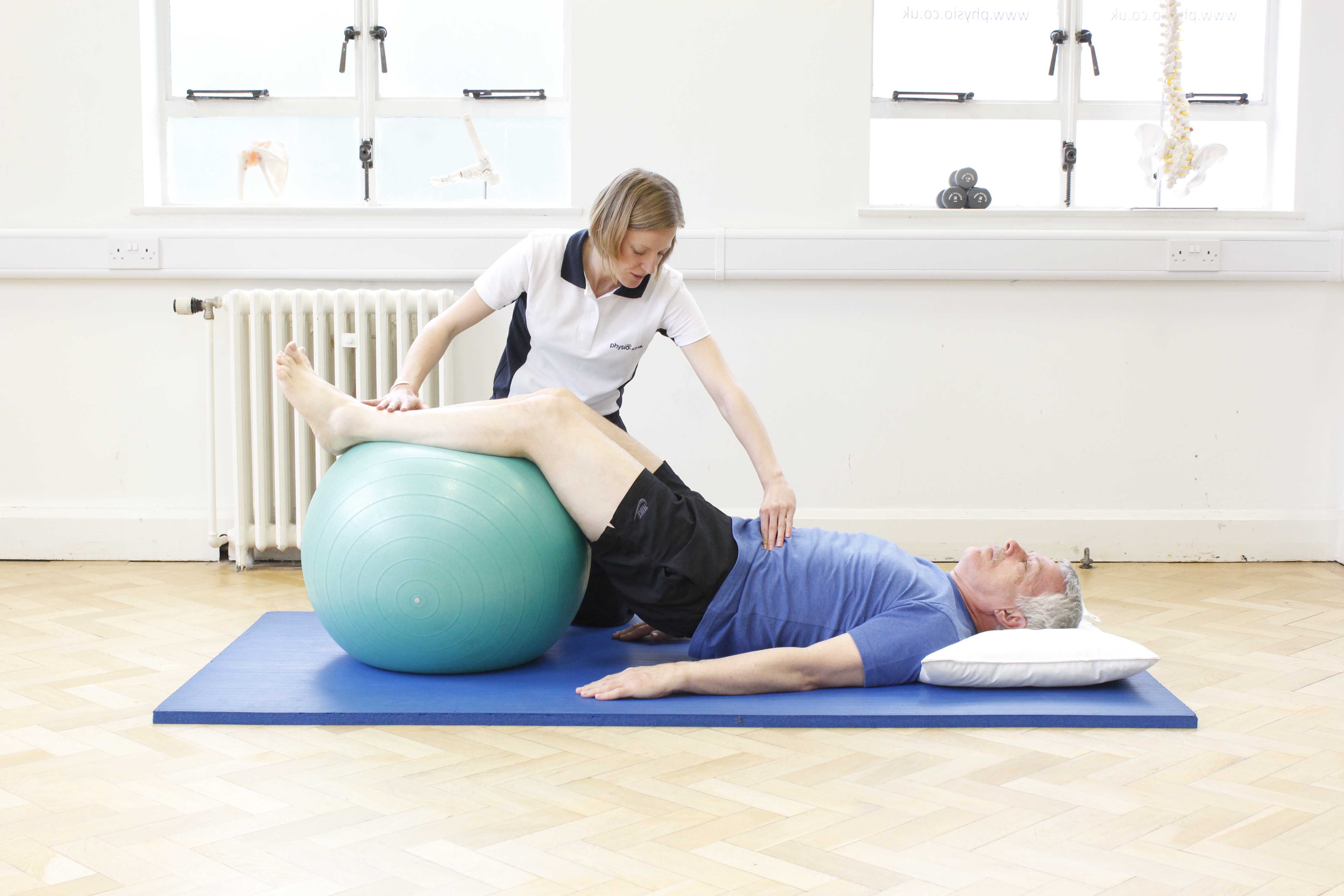What is urge incontinence?
Bladder control and a person’s ability to store urine depend on the function of the urinary tract, kidneys and nervous system. A person is continually collecting urine in the bladder after it has travelled from the kidneys. The bladder is a muscle (detrusor) and expands as it fills with urine. As the bladder fills up it is kept closed by a valve called the sphincter. The sphincter, along with the detrusor muscle, help control the flow of urine out of the body. The nervous system allows the bladder to continue to fill and tells you when you need to urinate. The detrusor muscle needs to contract in order to force urine out of the bladder. When the bladder is full, part of the brain helps prevent bladder contraction so that urination can be delayed until you are ready to use the bathroom.
Urge incontinence in men is the strong, sudden need to urinate due to uncontrolled bladder spasms of contractions. An overactive bladder results in involuntary bladder muscle contractions which are caused by bladder irritation or problems in the nervous system.
 Above: Improving abdominal and pelvic muscle control with assistance from a specialist physiotherapist
Above: Improving abdominal and pelvic muscle control with assistance from a specialist physiotherapistWhat causes urge incontinence in men?
Urge incontinence in men may be caused by number of reasons including:
- Infection
- Bladder cancer
- Bladder inflammation
- Bladder outlet obstruction
- Bladder stones
- Neurological diseases – such as Parkinson’s or multiple sclerosis
- Neurological injury – such as spinal cord injury or stroke
- Prostate enlargement or cancer
- Prostate surgery or other surgery to the area around the bladder
- Weakness in pelvic floor muscles / abdominal muscles
What symptoms will I have?
Men who are experiencing urge incontinence are likely to have symptoms such as;
- Involuntary release of urine
- Regular urination at any time of day or night
- A sudden urgent need to pass urine
What physiotherapy treatment will I receive for urge incontinence?
The physiotherapists at Physio.co.uk aim to provide you with a comprehensive assessment and physiotherapy programme which will focus on your personal goals. The physiotherapy programme will include a variety of treatment methods that will help minimise the problems you are experiencing. Treatment methods include:
- Exercises to strengthen pelvic floor muscles
- Strengthening exercises for the abdominal muscles
- Bladder training to help the bladder return to normal function
- Biofeedback training to show you how well you are using your pelvic floor muscles
- Electrical stimulation to improve muscle function
- Home exercise programme instruction to improve pelvic floor function
- Instructions on how to control pelvic floor and abdominal muscles when feeling the urge to urinate
- Controlled breathing and relaxation exercises
- Education on how to make lifestyle changes that may affect the bladder
Summary
Urge incontinency is a common form of incontinence. Urge incontinence in men is when you get an urgent desire to pas urine followed by an inability to ‘hold’ it in before reaching the toilet. Urge incontinence in men is due to having an overactive bladder which can be caused by a number of reasons. Prostate problems, bladder dysfunction and neurological disease or injury are the main causes of urge incontinence in men. If you have urge incontinence you may experience symptoms such as the frequent, sudden need to urinate as well as the involuntary release of urine. Physiotherapy with Physio.co.uk can help reduce the problems you are experiencing in a number of ways by improving your control of your bladder and strengthening the muscles that affect continence. The physiotherapists at Physio.co.uk can work with you to create a comprehensive treatment plan to help reduce your symptoms and optimise your recovery.
For more information or to make an appointment with us, call Physio.co.uk on 0330 088 7800. You can also use our online booking system to make an appointment online!.

 0330 088 7800
0330 088 7800


































